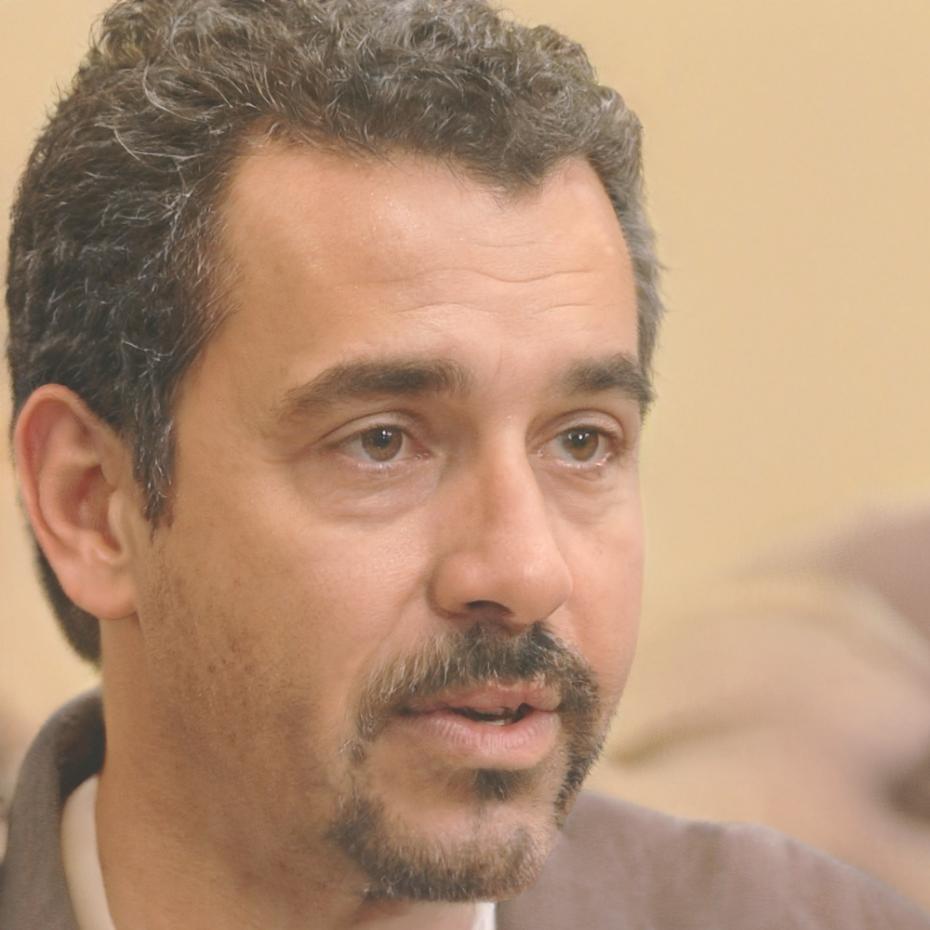Cognitive Pattern Recognition
We identify personal bias patterns through structured self-assessment tools, helping individuals recognize their unique decision-making blind spots before they impact portfolios.
Where behavioral science meets practical investing through research-backed methodologies that challenge conventional financial wisdom

Our approach emerged from studying why smart people make poor investment decisions. After analyzing thousands of investment patterns since 2019, we discovered that technical knowledge alone doesn't predict success – it's the psychological framework that matters most.
We identify personal bias patterns through structured self-assessment tools, helping individuals recognize their unique decision-making blind spots before they impact portfolios.
Rather than following market trends, we build personalized frameworks based on proven behavioral finance principles and individual risk tolerance profiles.
Our methods evolve with changing market conditions and personal circumstances, creating sustainable habits that withstand emotional market pressures.
Our methodologies stem from ongoing collaboration with behavioral economists and analysis of real-world investment outcomes. We don't just teach theory – we test, measure, and refine based on actual results.
Six-year tracking of decision patterns across different market cycles, revealing how cognitive biases shift with experience and market conditions.
Understanding how financial stress affects decision-making quality through physiological and psychological measurement techniques.
Examining how cultural backgrounds influence investment psychology, particularly relevant for Canada's diverse financial landscape.

Behavioral Finance Research Lead
Former academic researcher turned practitioner who spent eight years studying decision-making patterns at major Canadian pension funds. His work focuses on institutional bias recognition and systematic error reduction.

Applied Psychology Director
Background in clinical psychology with specialization in cognitive behavioral therapy applications. He bridges the gap between academic research and practical investment education through hands-on coaching methodologies.
Most financial education focuses on analysis techniques and market knowledge. We start with the person making the decisions. Our unique combination of psychological insight and practical application creates lasting behavioral change rather than temporary knowledge acquisition.